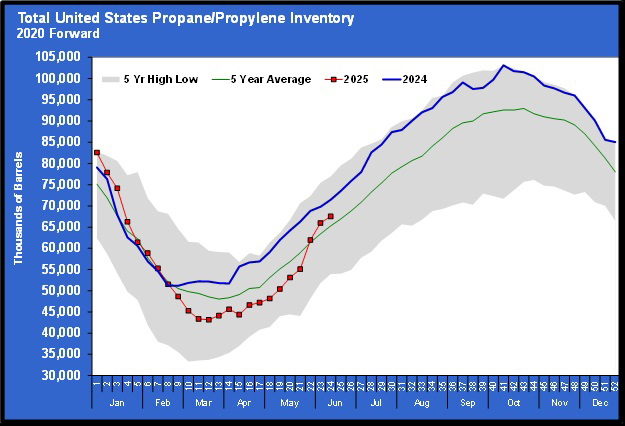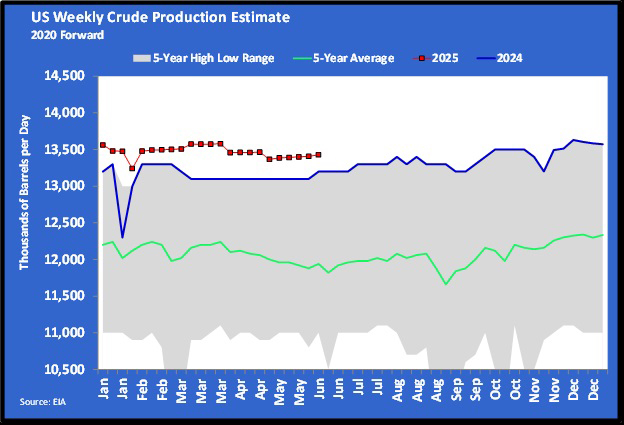Presidential election full of vitriol, lacking depth in energy discussion
 Had enough yet of this presidential election?
Had enough yet of this presidential election?
Of the bickering? The mudslinging? The general negativity?
This election cycle has lasted almost half of President Obama’s second term. Consider that Sen. Ted Cruz, R-Texas, announced his candidacy for president in March 2015, making him the first major party candidate to declare.
That was 19 months ago.
And just look at where the road to the White House has led us. With less than three weeks until Election Day, Americans have put themselves in the position to choose between two of the most despised major party candidates in presidential election history.
The presidential debates between Hillary Clinton and Donald Trump have undoubtedly been pure entertainment, with the first showdown drawing a record 84 million viewers, according to Nielsen. That figure approaches Super Bowl viewership territory.
But the attraction for those 84 million Americans to that first debate – and for the tens of millions who watched the others – is unfortunately the sideshow rather than policy issues.
The draw is Clinton’s emails versus Trump’s tax returns. It’s her role over the years, along with Bill Clinton’s, in a number of sexual misconduct allegations against the former president versus Trump’s “locker room talk” and the onslaught of new sexual misconduct allegations against the Republican nominee.
At a time when six in 10 Americans say the nation is on the wrong track, our politicians are peddling garbage rather than promoting the issues that truly affect our everyday lives.
The politicians and their staffs aren’t the only ones to blame for the tone of this election, though. The media is culpable for continuously broadcasting and publishing coverage of the shock value variety. In a sense, the American people shoulder some blame, as well, for nominating such loathed candidates.
Regardless of blame, the issues that truly matter to U.S. prosperity – our national security, economic growth, energy policy – have not gotten their just due this election cycle. Energy stakeholders, for example, should be shaking their heads about the lack of depth on their issue in the campaign conversation. The shale revolution has positioned our nation to be energy independent for decades, but the discussion among the candidates on fully utilizing our natural resources has been either limited or lacking in specificity.
Energy answers
Still, in the presidential debates, the candidates did finally weigh in on energy policy with some depth near the end of the second one. An audience member in the town hall-style debate asked this: “What steps will your energy policy take to meet our energy needs, while at the same time remaining environmentally friendly and minimizing job loss for fossil power plant workers?”
Trump answered first, arguing that energy is under siege by the Obama administration.
“The [U.S.] Environmental Protection Agency is killing these energy companies,” Trump says. “And foreign companies are now coming in, buying so many of our different plants and then rejiggering the plant so they take care of their oil. We are killing, absolutely killing our energy business in this country.”
Trump adds that he’s for alternative forms of energy, including wind and solar, but that alternative energies are, well, alternatives.
“We need much more than wind and solar,” he says. “Hillary Clinton wants to put the miners out of business. There is a thing called clean coal. Coal will last for 1,000 years in this country. Now we have natural gas, and because of technology we have found over the last seven years tremendous wealth right under our feet. [It’s] so good, especially when you have $20 trillion in debt.”
Trump plans to bring energy companies back to the U.S. and put their tax contributions toward the national debt and budget deficits.
“We are putting our energy companies out of business,” he says. “We have to bring back our workers. You take a look at what’s happening to steel and the cost of steel, and China dumping vast amounts [of] steel all over the United States, which essentially is killing our steel workers and steel companies. We have to guard our energy companies; we have to make it possible. The EPA is so restrictive that they are putting our energy companies out of business.”
Clinton weighed in following Trump’s remarks.
“First of all, China is illegally dumping steel in the United States and Donald Trump is buying it to build his buildings, putting steel workers and American steel plants out of business,” she says. “That’s something I fought against as a senator and something I would have a trade prosecutor to make sure we don’t get taken advantage of by China on steel or anything else.”
Clinton continued, discussing U.S. energy independence.
“We are now for the first time energy independent,” she says. “We are not dependent on the Middle East, but the Middle East controls a lot of prices. So the price of oil has been way down, and that has a damaging effect on a lot [of] the oil companies, right? We are, however, producing a lot of natural gas that serves as a bridge to more renewable fuels, and I think that’s an important transition. We’ve got to remain energy independent. It gives us much more power and freedom than to be worried about what goes on in the Middle East.”
Unlike the second presidential debate, the third offered virtually no discussion on energy policy. The third debate was at least more substantive than the previous two, though.
Whoever emerges victorious this November, let’s hope the next president is a friend to the propane industry and a proponent of approaches that put our ample shale gas to good use.
















